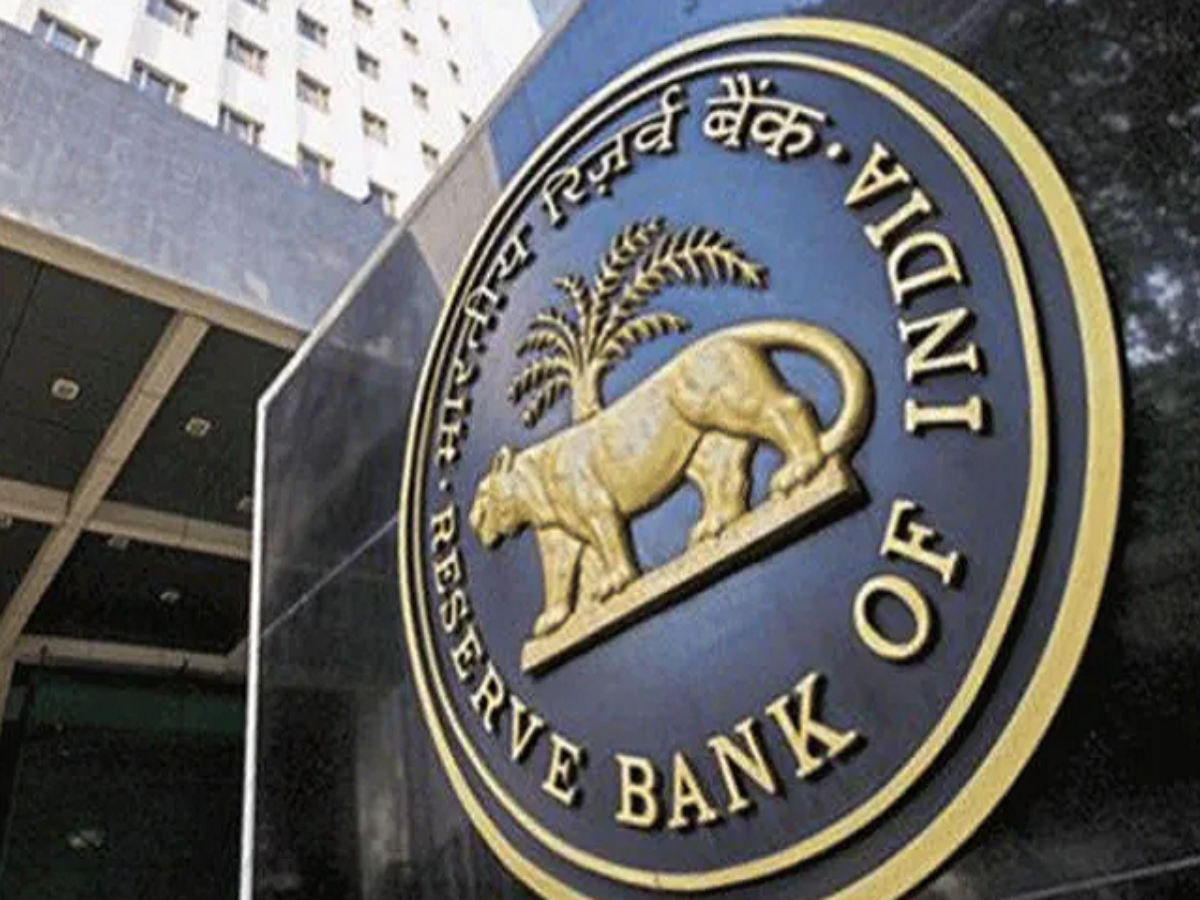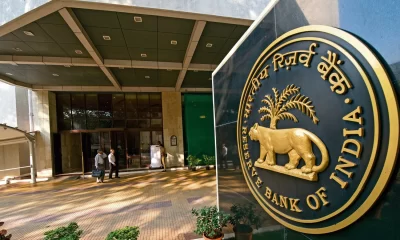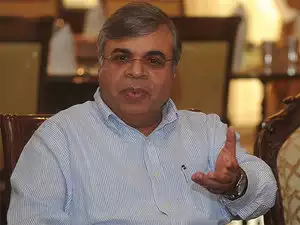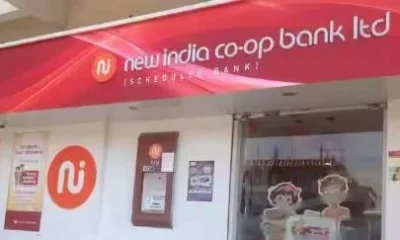Latest business news
RBI places Lakshmi Vilas Bank under moratorium, proposes merger with DBS
The decision was taken in view of the bank’s deteriorating financial position and eroding net worth.

India News
Union Budget 2026 highlights: Nirmala Sitharaman Raises Capex to Rs 12.2 Lakh Cr, West Bengal Gets Major Allocation
Finance Minister Nirmala Sitharaman is presenting the Union Budget 2026 in Parliament today. Follow this space for live updates, key announcements, and policy insights.
India News
Union budget 2026 to be presented on Sunday with special trading session
The Union Budget 2026 will be presented on a Sunday for the first time in over two decades, with NSE and BSE announcing special trading sessions for the day.
India News
Modi says right time to invest in Indian shipping sector; meets global CEOs
-

 India News23 hours ago
India News23 hours agoDMK leader’s son arrested after car rams family in Krishnagiri, one dead
-

 India News22 hours ago
India News22 hours agoRSS chief backs nationwide rollout of Uniform Civil Code, cites Uttarakhand model
-

 India News13 hours ago
India News13 hours agoAs stealth reshapes air combat, India weighs induction of Sukhoi Su-57 jets
-

 Cricket news12 hours ago
Cricket news12 hours agoRinku Singh returns home from T20 World Cup camp due to family emergency
-

 India News12 hours ago
India News12 hours agoTamil Nadu potboiler: Now, Sasikala to launch new party ahead of election















